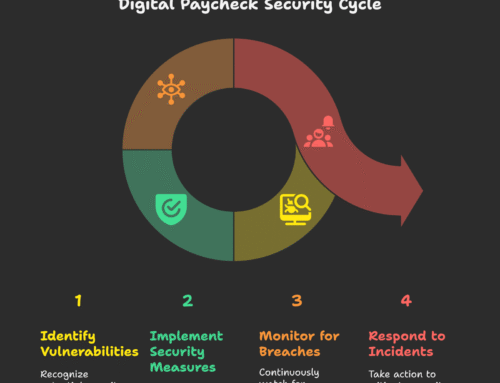In the rapidly evolving business environment, Human Resources (HR) departments face the dual challenge of managing an increasingly complex workforce while ensuring operational efficiency.
Contract Management Software (CMS) and, more specifically, Contract Lifecycle Management (CLM) systems are playing a crucial role in addressing these challenges. These technologies not only streamline contract processes but also enhance compliance, reduce risks, and ultimately lead to significant improvements in HR efficiency.
This article explores how CMS and CLM are transforming HR operations, enabling professionals to focus on strategic initiatives rather than getting bogged down by administrative tasks.
Image by rawpixel.com on Freepik
Streamlining Contract Processes in HR
HR departments are central to the creation, negotiation, and management of a variety of contracts including employment agreements, contractor agreements, and vendor contracts for HR services.
Managing these documents effectively is essential for maintaining operational efficiency and ensuring compliance with labor laws and company policies.
Contract Management Software simplifies these processes by automating many of the tasks traditionally performed manually by HR teams.
Automated Document Generation
CMS typically includes tools for automatic document creation, which use pre-defined templates to ensure that contracts are consistent and include all necessary legal clauses. This not only speeds up the contract creation process but also reduces the likelihood of errors.
Centralized Contract Repository
A central feature of CMS is its ability to store all contracts in a single, searchable repository. This simplifies management by allowing HR professionals to easily access any contract or document, track its status, and retrieve it for auditing purposes.
Enhancing Compliance and Reducing Risks
Compliance with labor laws and internal policies is a major concern for HR departments. Contract management software supports compliance in several ways:
- Compliance Tracking: CMS systems can be updated with the latest laws and regulations, and set to alert HR managers when contracts are not in compliance. This proactive approach prevents potential legal issues and fines.
- Version Control and Audit Trails: With CMS, every version of a contract is saved and a detailed log of who made changes and when is maintained. This audit trail is crucial for maintaining transparency and is particularly valuable during internal audits or legal investigations.
Contract Lifecycle Management (CLM) and HR Efficiency
While CMS addresses the need for managing contracts efficiently, Contract Lifecycle Management (CLM) systems offer a more holistic approach by managing every phase of the contract’s lifecycle from initiation through performance monitoring to renewal or termination. Implementing CLM can have profound impacts on HR efficiency in several key areas:
- Improved Compliance and Efficiency: An article in the “Journal of Contract Management” discusses how CMS helps organizations stay compliant with regulations and improves operational efficiencies by standardizing contract processes and reducing the time spent on contract administration. Read more about compliance improvements in CMS.
- Risk Management and Contract Analytics: Research from the “International Journal of Project Management” explores how integrating CMS with risk management frameworks can mitigate risks in contract management and provide predictive analytics for better decision-making. Research on risk management in CMS.
- Strategic HR Management through CLM: A study in “Human Resource Management Review” elaborates on how CLM systems facilitate strategic HR management by automating contract lifecycle processes, which allows HR professionals to focus on more strategic initiatives rather than administrative tasks. Read the study on strategic HR management and CLM.
- Integration and Technological Advancements in HR: An article from the “Harvard Business Review” discusses the integration of advanced technologies, including CLM systems, in HR practices and how they reshape the strategic role of HR in organizations. Learn about technological integrations in HR.
Impact on Strategic HR Management
The time and resources saved by implementing CMS and CLM systems allow HR professionals to focus more on strategic aspects of HR management rather than administrative tasks.
Areas such as talent management, employee engagement, and strategic planning can benefit significantly from this shift in focus. HR teams can use the insights gained from CMS and CLM data analytics to make informed decisions about workforce planning and development.
HR professionals looking to the future, understanding and leveraging these technologies will be key to achieving operational excellence and strategic success.
Conclusion
Overall, the adoption of these technologies represents a significant advancement in managing HR processes, driving improvements in productivity and strategic impact. As these systems continue to evolve, they are expected to become even more integral to effective HR management. For HR professionals looking to the future, leveraging CMS and CLM technologies will be crucial for achieving operational excellence and strategic success. For more detailed insights on HR trends and priorities for 2024, you can explore further with Gartner’s research on HR leaders (Gartner).







Leave A Comment